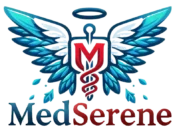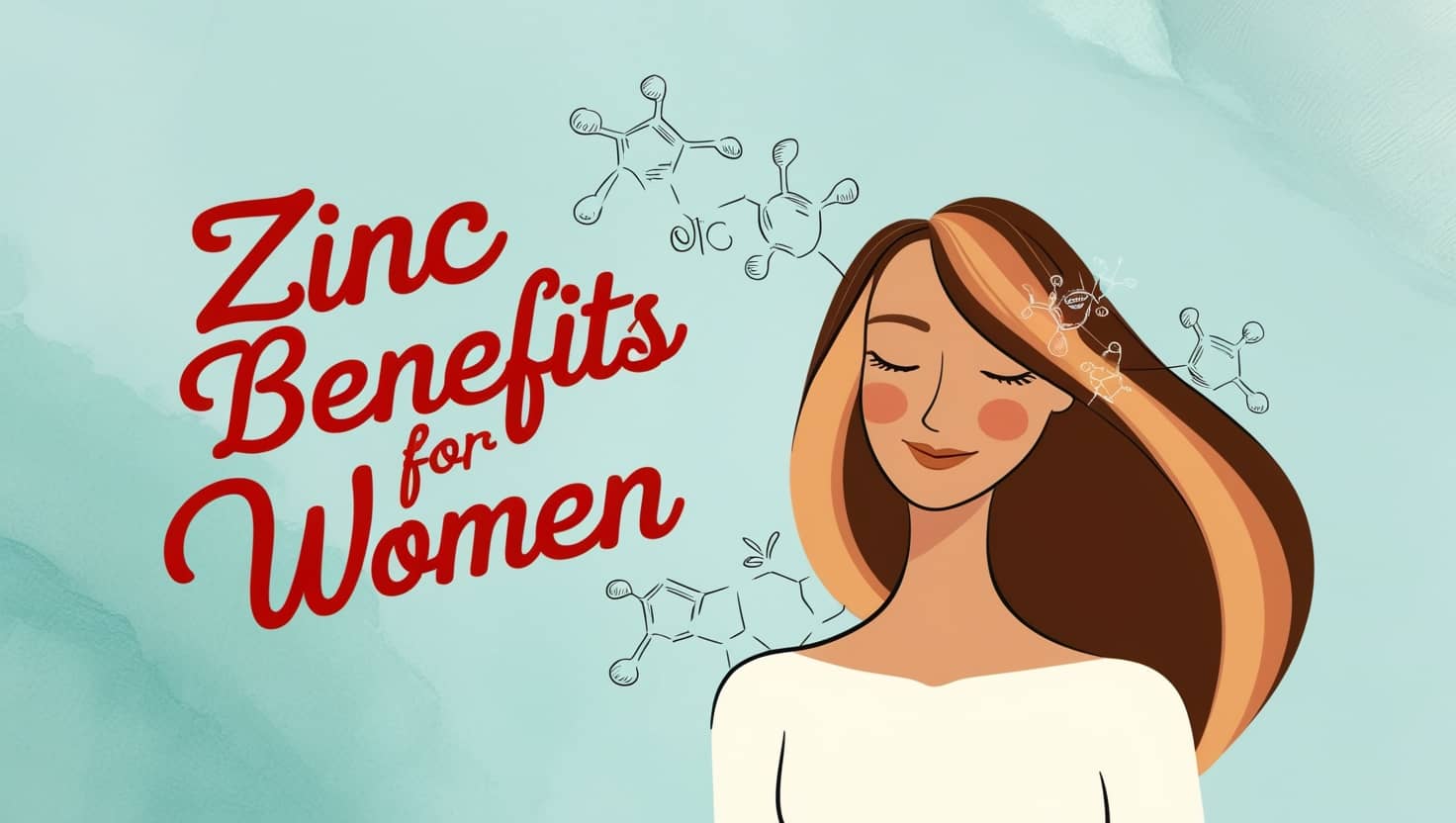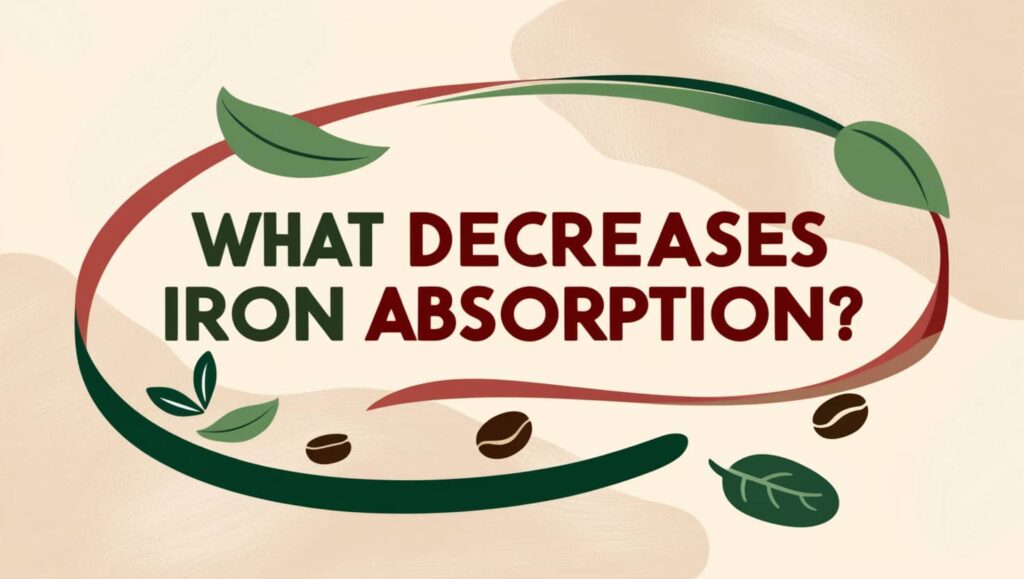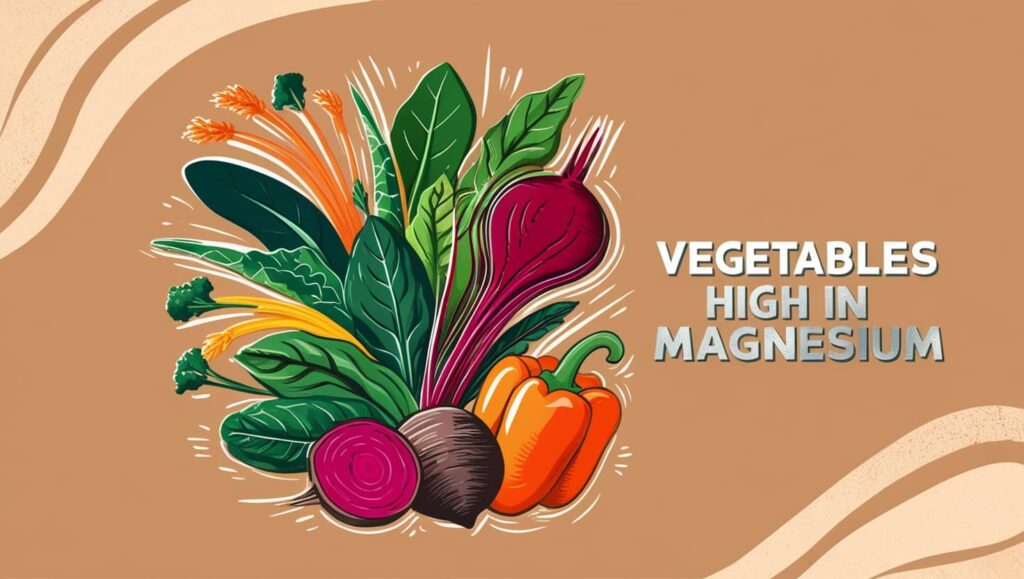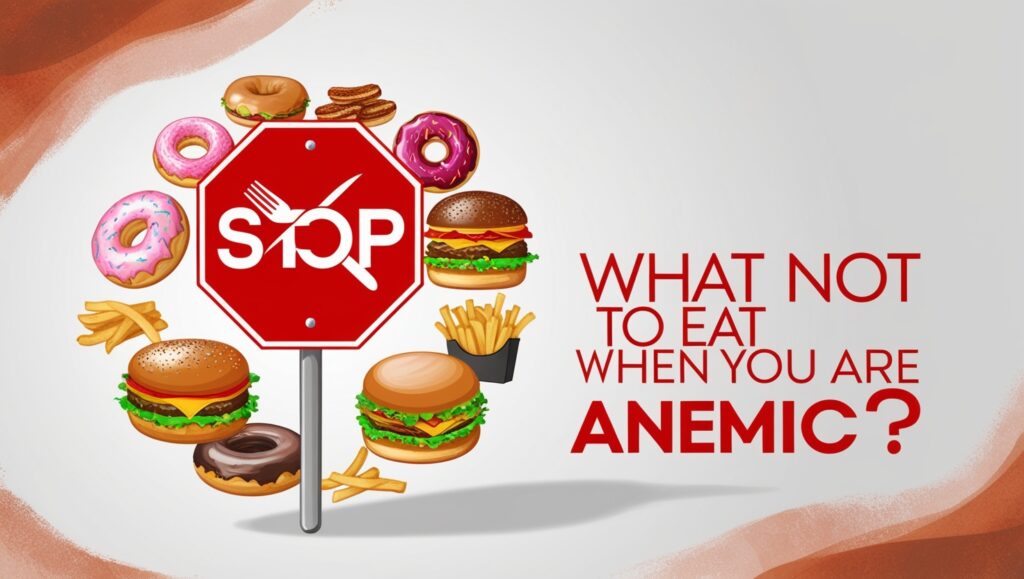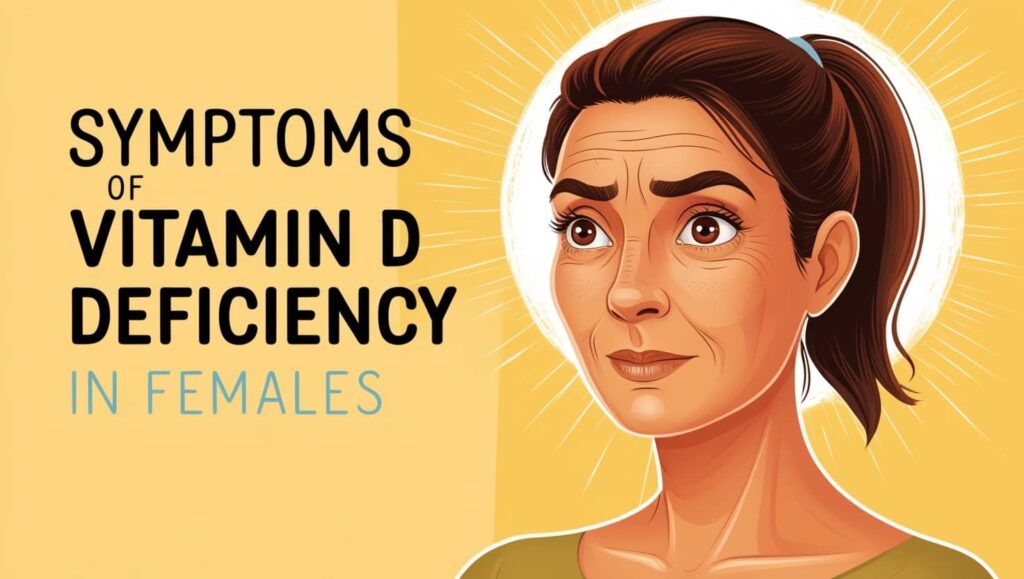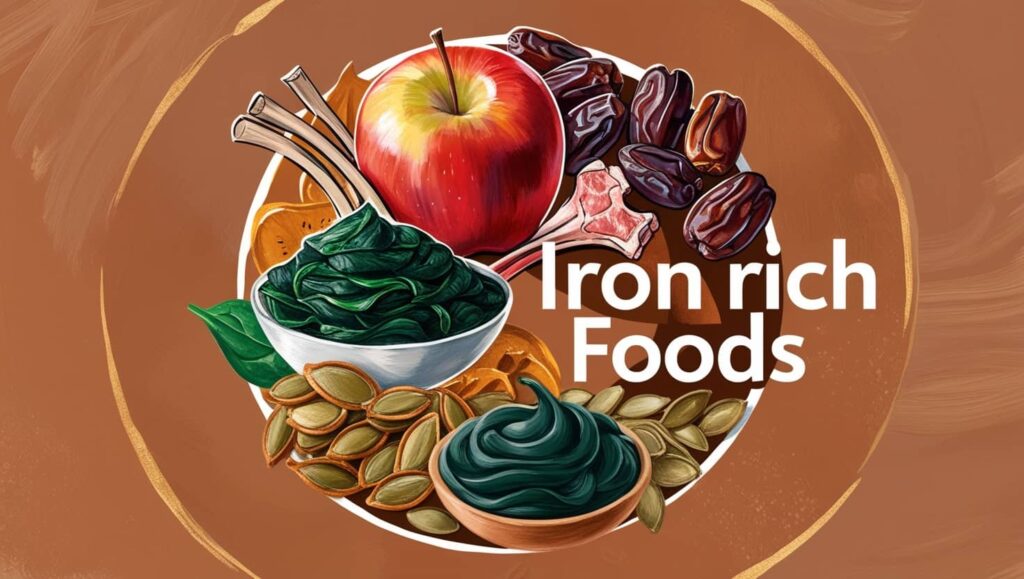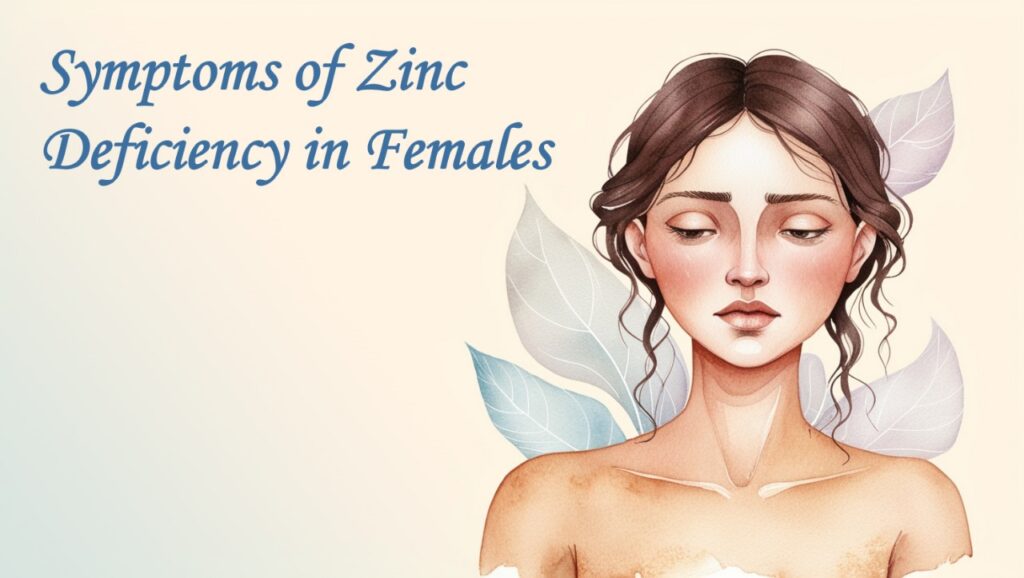Zinc, an essential nutrient, plays a critical role in many physiological processes, from cell growth and immune function to hormone regulation and reproduction.
Zinc is especially important during pregnancy, and it has a significant impact on a woman’s reproductive health throughout her life, including during her reproductive years and after menopause.
Zinc deficiency has been linked to conditions such as polycystic ovary syndrome (PCOS), dysmenorrhea, and endometriosis.
In the following article, we will highlight Zinc Benefits for Women and the vital role it plays in maintaining reproductive health.
Importance of Zinc for Hormonal Balance
The benefits of zinc for women are due to its ability to regulate hormone levels in the body in addition to its great importance for the immune system and supporting the metabolism.
Zinc helps balance the body’s hormones as follows:
- Thyroid hormones: Zinc helps convert the inactive form of thyroid hormone T4 to the active form T3, which is important for balancing thyroid hormones.
- Cortisol, estrogen and progesterone: Zinc is a vital element in rebalancing these hormones in women.
- Testosterone: Zinc can help prevent excessive aromatase activity, which slows the conversion of testosterone to estrogen.
- Fertility in women: Zinc is important for the growth of germ cells in women and improves fertility and increases the chances of pregnancy.
This makes zinc particularly important in treating some health problems that women suffer from, such as:
- Polycystic ovary syndrome: Zinc positively affects insulin resistance and lipid balance, both of which are factors that affect polycystic ovary syndrome.
- Dysmenorrhea: Zinc reduces the severity of menstrual pain. It helps manage the hormonal and inflammatory processes associated with dysmenorrhea.
- Reproductive function: Zinc is essential for proper cell growth, differentiation and proliferation, and also plays a role in egg maturation and quality. (PubMed, n.d.)
Zinc’s Role in Skin and Hair Health
Zinc is an essential element for healthy skin and hair. It supports wound healing, collagen synthesis, and hair follicle structure as follows:
- Zinc helps heal wounds and burns and improves the appearance of scars by stimulating collagen production.
- Zinc helps treat acne, psoriasis, and dermatitis.
- Zinc oxide creams can treat and prevent skin irritation caused by wounds, burns, or diaper rash.
- Prevents hair loss by maintaining the structure of hair follicles.
- Aids hair growth by stimulating the scalp and synthesizing the proteins that make up hair.
- Zinc helps keep the scalp moisturized and nourished, which supports the function of hair follicles. (Skin and cancer Institute, n.d.)
Best Dietary Sources of Zinc
To get the zinc benefits for women, you can include foods that contain it in your diet or take supplements that contain it. Here are the most important sources of zinc:
Animal sources
- Oysters: Raw oysters contain 5.5 mg of zinc, along with other vitamins and minerals.
- Beef: A 3-ounce piece of beef contains 5.3 mg of zinc.
- Chicken: Dark meat chicken contains more zinc than light meat.
- Pork: Pork contains zinc.
- Crab: Alaskan king crab contains zinc.
- Crayfish: Cooked lobster contains zinc.
- Dairy products: Eggs and cheese contain zinc.
Plant sources
- Nuts and seeds: Cashews and pistachios are rich in zinc.
- Legumes: Baked beans and chickpeas are rich in zinc.
- Whole grains: Fortified breakfast cereals contain zinc.
Multivitamin and mineral supplements
- Some multivitamin and mineral supplements and some over-the-counter medications contain zinc.
References
- PubMed. (n.d.). Retrieved from The Role of Zinc in Selected Female Reproductive System Disorders
- Skin and cancer Institute. (n.d.). Retrieved from Zinc and Healthy Skin

